Our Lenders
We work with trusted brokers to give you access to a panel of leading lenders well placed to meet your needs at the lowest rates.
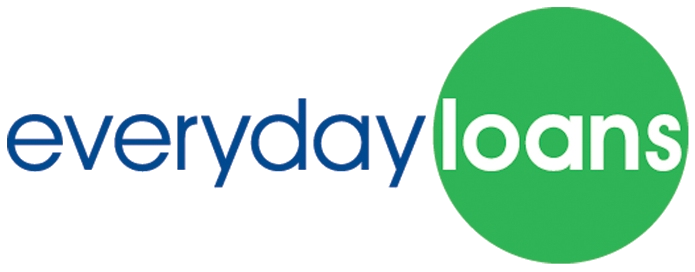
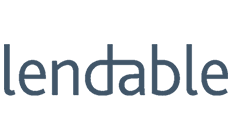


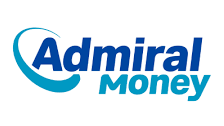
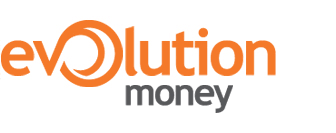

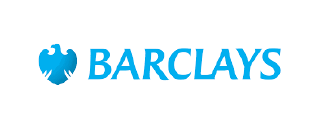
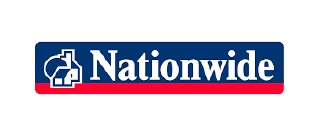

Commercial mortgages help you borrow money against a commercial property. You can secure them against a range of different properties, including houses and flats you’re wanting to rent out.
These types of mortgages can be a great option for various different business owners and entrepreneurs to consider, however, there’s a lot to them you should know when exploring this mortgage option.
Here, Proper Finance explores the ins and outs of commercial mortgages, including what they are, how they work and other frequently asked questions.
What Is a Commercial Mortgage?
A commercial mortgage is a type of secured business loan that uses a commercial property as collateral. They’re also known as business mortgages, and in some respects work in similar ways to the typical residential mortgage. However, this type of loan enables you to buy one or more properties for the intention of using it for business purposes, or in order to rent out.
Commercial mortgages are typically taken out by businesses that have seen successful growth and are looking to expand. As a secured loan product, commercial mortgages can provide a larger loan amount compared to other, more unsecured business loans.
The secured nature of commercial mortgages helps the lender to reduce their risk of lending money to the borrower, using the property as collateral should the borrower fail to keep up with repayments. This is one of the many reasons why borrowers should only take out a commercial mortgage if they can afford it, as if they can’t keep up with repayments on the loan, they risk losing the property they’ve secured onto it.
Partnered with
How Do Commercial Mortgages Work?
If you get a commercial mortgage, the loan will be secured against the property. The loan will be up to 75% of the property’s value. Depending on the lender, you may be able to use the equity that you have in another property to cover the remaining 25% as a deposit.
The terms for commercial mortgages will vary, depending on the specific loan you’re opting for. Terms can vary depending on factors such as:
- The size of the deposit you can offer
- The size of the property
- The value of the property
While the average repayment term is close to 15 years, repayment periods can range from a few years to over 2 decades. If you’re unsure about the terms of any prospective commercial mortgage, a mortgage broker should be able to offer you help with this.
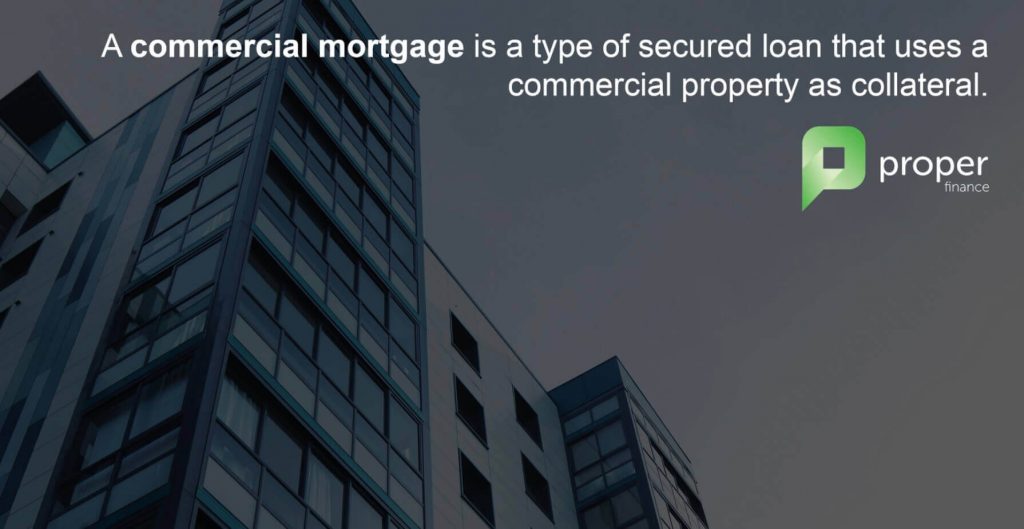
What Properties Can I Buy With a Commercial Mortgage?
It is possible to get this type of funding to purchase the following properties:
- Shops
- Retail premises
- Commercial properties
- Residential buy to let
- Factories
- Warehouses
- Professional practices
- Farms
- Pubs
- Hotels
- Offices
However, buying business premises isn’t the only thing you can use a commercial mortgage for. These loans can also be used for a range of other business-related projects and developments.
In addition to buying business premises, you can also use a commercial mortgage to raise capital, buy a business or secure land for business-related development ventures.
Am I Eligible for a Commercial Mortgage?
Commercial mortgage lenders will have eligibility criteria that applicants must meet. They can assess your application on factors such as:
- The size of the deposit
- The applicant’s affordability
- The credit rating (of the applicant/business)
While the applicant/business’s credit rating can be part of the application assessment process, it may still be possible for those with bad credit to get a commercial mortgage.
Although some commercial mortgage lenders will only take a view on those with a strong credit rating, there are specialist lenders who are open to applicants with adverse credit histories. Whether or not a lender will consider an applicant with bad credit will depend on the unique circumstances of the situation, including the lender and how severe the applicant’s credit problem is.
Partnered with
Can I Get a Commercial Mortgage With Bad Credit?
Yes, there are some commercial mortgage lenders that may consider those with bad credit. As it is a secured loan, certain lenders may be able to consider those with a range of bad credit backgrounds, including those in the following situations:
- Bankruptcy
- Low credit score
- No credit history
- CCJs
- Repossessions
Lenders who are willing to take a view on those with little to no credit history can be a useful option for certain businesses. For example, new businesses who haven’t been able to develop a credit profile yet may find a lender who is still willing to lend them a commercial mortgage provided they meet certain eligibility criteria.
Commercial Mortgage FAQs
Please find answers to frequently asked questions surrounding commercial mortgages here:
– How long do I have to pay the commercial mortgage? The length of time you’ll have to pay a commercial mortgage for will vary depending on the mortgage providers and the terms of your loan agreement with them. However, terms can range from a month, all the way up to 30 years.
– How much can I borrow with a commercial mortgage? Typically lenders will allow you to borrow anything from a minimum of £50,000 and with some specialist lenders up to £40 million.
– What fees do I need to pay for a commercial mortgage? There are a number of different costs you need to take into consideration when taking out a commercial mortgage. These include the interest rate, valuation fees, arrangement fees, legal fees and broker fees.
– Which companies can get a commercial mortgage? It is possible to get this mortgage in your own name or alternatively if it is held by a trust, an offshore company, a limited company, an LLP, a SIPP/SSAS or SPV.
– What is considered in the mortgage application process? The lender will assess you against certain criteria, which will typically include your personal finances, your profits, your level of affordability and the company’s income and assets.
– Will my tenant’s finances be considered in the commercial mortgage application process? Yes, potentially, if you intend to buy the property and rent it out to tenants.
– Does my company’s credit record matter? Yes, it will be taken into consideration when the lender decides to approve or decline your application.
– Are commercial mortgages regulated by the FCA? No, but standard mortgages are.